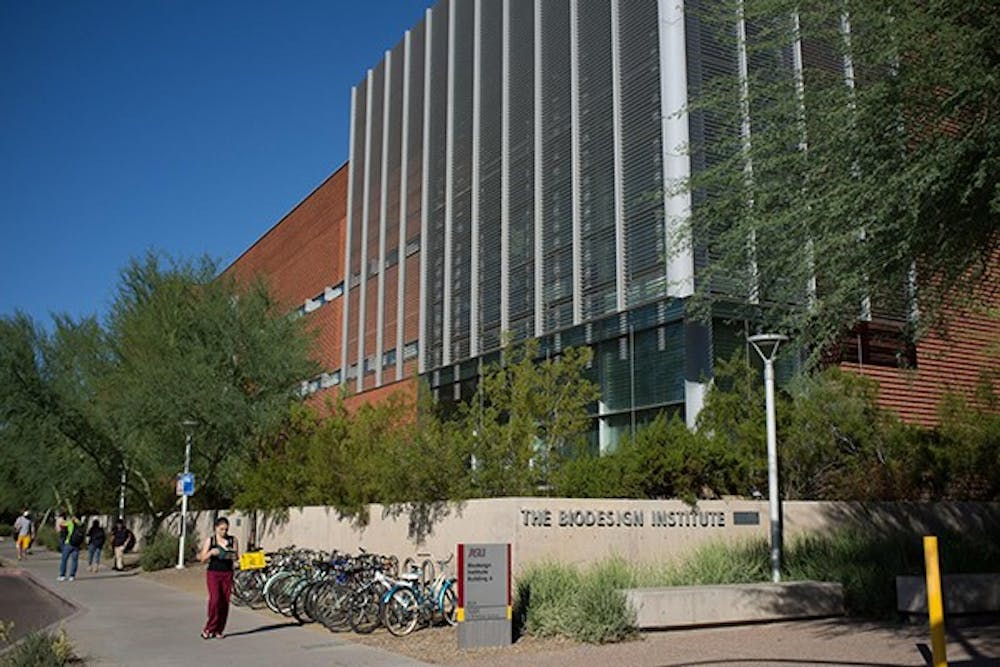Nearly 44 million people worldwide suffer from the neurodegenerative disease known as Alzheimers and, barring any breakthroughs, the number of people affected by Alzheimer’s could more than triple in the U.S. by 2050.
However ASU and Banner Health hope to potentially tackle these statistics by launching the ASU Banner Neurodegenerative Disease Research Center on July 1 on the ASU Tempe campus.
The alliance plans to bring together Banner’s clinical research projects and brain and body donation programs that connect brain and body symptoms the more technical research done by ASU.
“As we know, Alzheimers— everyone has a family member or knows of someone who has been affected by this devastating illness. This center is a response to that need,” said Joe Caspermeyer, spokesperson for the ASU Biodesign Institute.
According to Eric Reiman, M.D., executive director of the Banner Alzheimer’s Institute and neuroscience professor at ASU, official discussions about the collaboration began about a year ago, however, they’d been looking for a way to expand on the research for years.
Reiman will lead the new center with Raymond DuBois, ASU’s Biodesign Institute executive director.
Reiman explained that these discussions focused on what they could do to “make a transformational difference in the fight against Parkinson's, Alzheimers and other neurodegenerative diseases. And to do so in a way that would help to advance the strategic interests of each organization.”
For Banner it was diving deeper into their already established projects in which they’ve found success, for ASU it was building upon their neuroscience program and explore new facets of research.
According to Caspermeyer, however, what makes the partnership click is their mutual emphasis on detecting the diseases early and focusing on the basic mechanics of diseases like Alzheimer's, Parkinson's, amyotrophic lateral sclerosis (ALS).
“If we’re going to change the understanding, diagnosis, treatment, prevention of neurodegerative diseases we have to identify them at their earliest stages,” he said.
In a bigger sense, both ASU and Banner Health hope to establish the center as one of the world’s leading basic centers for neurodegenerative research.
Together they receive nearly $65 million in neuroscience research funding and they expect that number to take off with the recruitment of new researchers and funding.
The alliance also means that a group of Banner research scientists and their lab workers will get positions with the Biodesign Institute, providing a foundation on which the center can build.
“The
goal is to create a research alliance to establish one of the world’s basic
science centers for the study of Alzheimers, Parkinsons and other
neurodegenerative diseases at ASU and to make additional investments in our
research programs at Banner,” Reiman said.
Reach the reporter at megan.janetsky@asu.edu or follow @meganjanetsky on
Twitter.
Like The State Press on Facebook and follow @statepress on Twitter.




